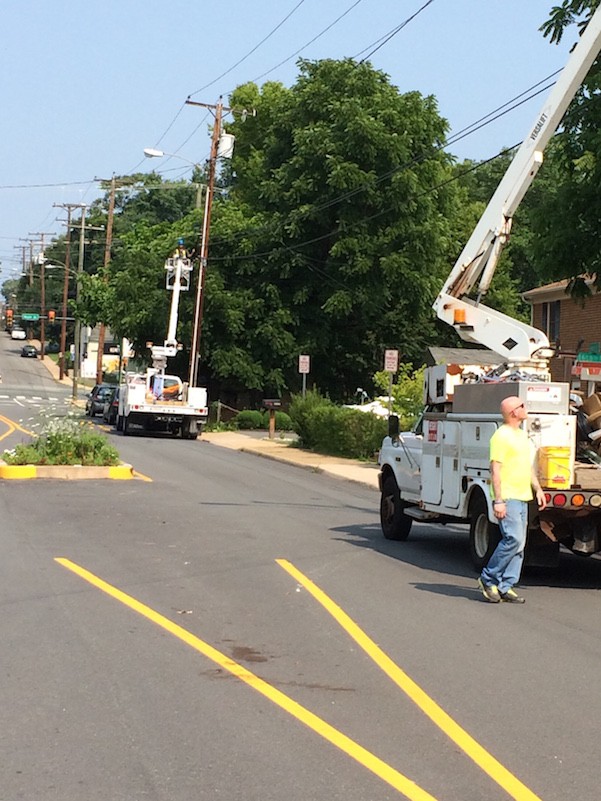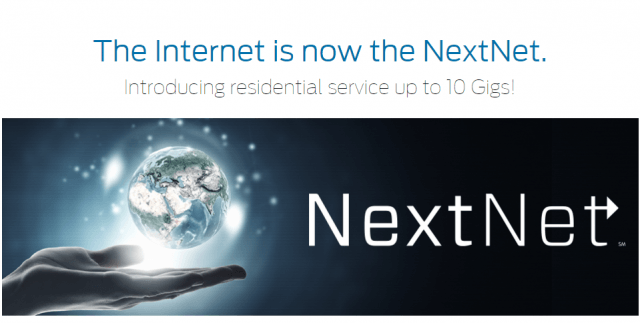 The first provider in the country to offer community-wide gigabit fiber broadband to residential customers today announced it would far surpass the rest of the marketplace with a new 10 gigabit broadband package dubbed NextNet, available throughout the Chattanooga, Tenn. service area of municipal utility EPB for $299 a month.
The first provider in the country to offer community-wide gigabit fiber broadband to residential customers today announced it would far surpass the rest of the marketplace with a new 10 gigabit broadband package dubbed NextNet, available throughout the Chattanooga, Tenn. service area of municipal utility EPB for $299 a month.
“Five years ago, Chattanooga and Hamilton County became the first in the United States to offer up to 1 Gig Internet speeds,” said Harold DePriest, president and CEO of EPB. “Today, we become the first community in the world capable of delivering up to 10 Gigs to all 170,000 households and businesses in our service area.”
Its largest competitor — Comcast, charges $299 for up to 2Gbps service in limited service areas, if the customer can wait 6-8 weeks for installation, can afford up to $1,000 in activation and installation fees, and can commit to a two-year contract with a steep early termination fee. EPB will offer its five-times-faster-than-Comcast service to any customer with no lengthy waiting period, no contract, and free installation.
EPB will leverage Alcatel-Lucent’s TWDM-PON broadband technology to deliver scalable fiber broadband, and is also introducing 5 and 10Gbps plans for small businesses and 3, 5, and 10Gbps plans for larger commercial customers. Customers will receive an ONT unit installed by technicians about two weeks before installation is complete. The box, about the size of a DVD player, is required to support the new high speeds. It is usually mounted on a wall near the computer.
“Chattanooga’s 10 Gig fiber optic network is a world-class platform for innovation,” DePriest said. “In recent years, the need for faster Internet speeds has increased rapidly. Chattanooga is the perfect place for companies to enhance their productivity today and test the applications everyone in the country will want tomorrow.”
Despite detractors that claim municipal/public broadband services are economic failures waiting to happen, EPB has delivered tangible economic benefits across the Chattanooga region and is now recognized internationally as one of the country’s most successful public broadband projects.
A study recently released by University of Tennessee at Chattanooga Finance professor Bento Lobo shows “the Gig Network” helped the Chattanooga area generate at least 2,800 new jobs and at least $865.3 million in economic and social benefits. The study also found the EPB smart grid, which is the cornerstone application of the utility’s community-wide fiber optic network, has allowed customers to avoid an estimated 124.7 million minutes of electric service interruptions by automatically re-routing power (often in less than a second) to prevent an outage or dramatically reduce outage duration.
EPB has proven so successful, it has attracted visitors from around the world to study how community fiber broadband can transform a local economy.


 Subscribe
Subscribe An aversion of open, hilly landscapes and trees is apparently responsible for keeping residents of rural Connecticut from getting broadband service from the state’s two dominant providers — Comcast and Frontier Communications.
An aversion of open, hilly landscapes and trees is apparently responsible for keeping residents of rural Connecticut from getting broadband service from the state’s two dominant providers — Comcast and Frontier Communications.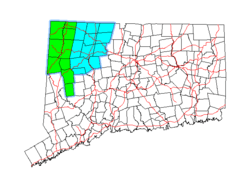
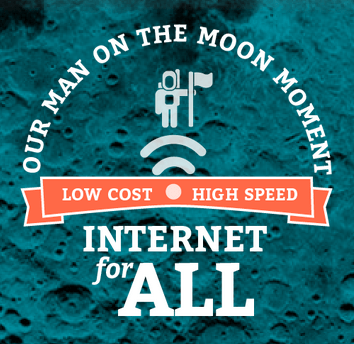

 Ookla’s Net Speed Index rated the community of 62,000 447th fastest out of 505 California broadband-enabled cities.
Ookla’s Net Speed Index rated the community of 62,000 447th fastest out of 505 California broadband-enabled cities.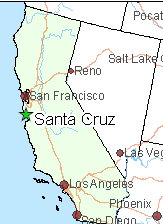 This summer, the City of Santa Cruz joined forces with Cruzio, a California-based independent Internet Service Provider, to plan a new fiber to the home network within the city.
This summer, the City of Santa Cruz joined forces with Cruzio, a California-based independent Internet Service Provider, to plan a new fiber to the home network within the city. The Performance tier speed jumped overnight from 16/2Mbps to 75/5Mbps. Blast! speed increased from 25/4Mbps to 150/10Mbps.
The Performance tier speed jumped overnight from 16/2Mbps to 75/5Mbps. Blast! speed increased from 25/4Mbps to 150/10Mbps.
 The FCC under the leadership of Thomas Wheeler has targeted anti-municipal broadband laws in the states of North Carolina and Tennessee for federal pre-emption, effectively invalidating laws ghost-written by telecommunications industry lobbyists working for the states’ dominant telecom companies — Time Warner Cable in North Carolina and AT&T and Comcast in Tennessee. The laws are designed to restrict or discourage municipal broadband competition.
The FCC under the leadership of Thomas Wheeler has targeted anti-municipal broadband laws in the states of North Carolina and Tennessee for federal pre-emption, effectively invalidating laws ghost-written by telecommunications industry lobbyists working for the states’ dominant telecom companies — Time Warner Cable in North Carolina and AT&T and Comcast in Tennessee. The laws are designed to restrict or discourage municipal broadband competition.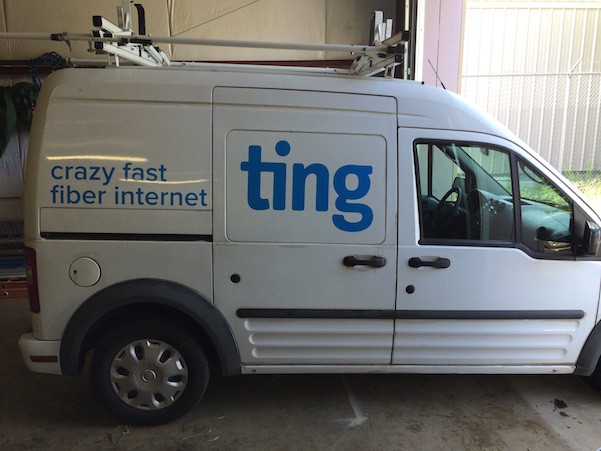 North Carolina residents bypassed by Google Fiber and impatient waiting for AT&T U-verse with GigaPower may still have a chance to get gigabit fiber Internet.
North Carolina residents bypassed by Google Fiber and impatient waiting for AT&T U-verse with GigaPower may still have a chance to get gigabit fiber Internet.